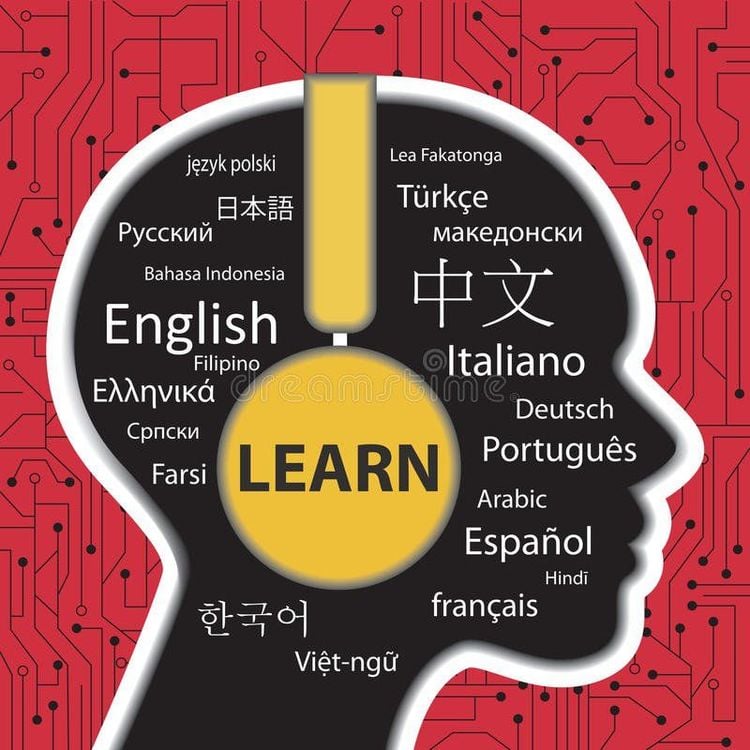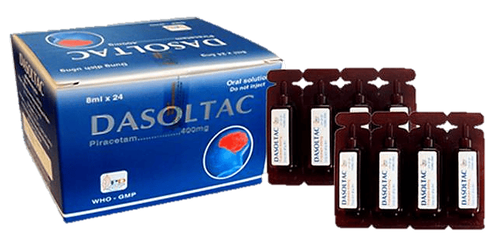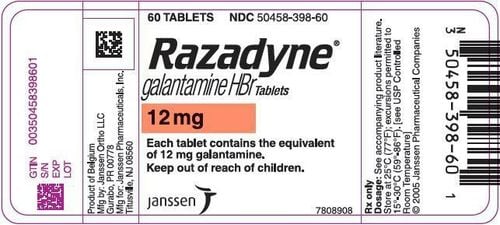This is an automatically translated article.
Learning a new language will bring many benefits to everyone. The golden age to learn a new foreign language for children is from 1 to 3 years old, because at this stage children have mastered their mother tongue, the brain is also ready to absorb words and learn to talk.
1. The benefits of learning a new foreign language
Learning a new language has many benefits as follows:
Brain enhancement: Learning a new language helps your brain form the habit of switching between languages, allowing you to navigate your thoughts. more easily and increase flexibility in thinking, increase the ability to multi-task and improve memory; Reduced risk of cognitive decline: People who speak two languages have a lower risk of developing dementia or Alzheimer's disease. Some studies have shown that people who speak only one language experience cognitive decline 4-5 years earlier than bilingual people.
2. What is the best age to learn foreign languages?
Language has been formed in each of us since infancy, studies show that children begin to learn their mother tongue while in the womb, until they are born they learn language by how to listen and copy the surrounding language.
The golden age to learn a second foreign language for children is from 1 to 3 years old, because at this stage children have mastered their mother tongue, the brain is also ready to absorb words and learn to talk. . In the early stages of a child's life, language learning is largely unstructured. Children acquire language well through effective communication with their parents and people around them. It is because of this that many parents think that children learn languages more easily than adults, but in fact this notion is incorrect. Learning a new language from the mother tongue is completely different because the child uses the mother tongue every day, through the practice of using the wrong words and being corrected by the parents to make progress every day.
When reaching puberty, children's good learning of foreign languages tends to rely on skills and strategies and learning methods. This can lead to clear children's success in learning a foreign language compared to adults. In addition, a number of factors such as children have more time at school to spend on learning and children have more opportunities to interact with new foreign languages via television and the internet, which makes learning new foreign languages effective in children. usually better than adults. Children under the age of 15 are considered the most likely age to achieve native-like fluency when learning a second language.
Usually, young children who learn more than one language often have parents who speak multiple languages, children grow up and learn those languages naturally. Without regular communication and exposure, learning a new foreign language is much more difficult.
However language is a skill that still needs to be learned regardless of age. One study has shown that mastering a mother tongue can take up to 30 years, so each person needs to grow with his or her language as it develops and changes over time. Along with that, it can be highly effective for older adults to learn a new foreign language if you have the right learning methods and measures to overcome the challenges of language learning.

Việc học tốt ngoại ngữ của trẻ có xu hướng dựa vào các kỹ năng và chiến lược
3. Overcoming the challenges of learning a new language
Overcoming challenges in learning a new language is the best way to achieve high results and improve communication like a native. Some of the measures are as follows:
3.1. Set specific goals Learning a foreign language will sometimes make you frustrated and want to give up because the time for learning takes longer than you expect. Therefore, you need to know what you want to achieve when you learn a new language and set goals to achieve it, such as:
Set aside 30 minutes a day to learn; Chat with a native speaker once a week; Learn 100 new words every month. 3.2. Get rid of all thoughts from your head Learning a new foreign language is often considered difficult in adults, because in adults the desire to learn, inquire and question the world around is reduced. compared with young children. You often feel bored when learning a new language. To overcome that situation, you need to remove all negative thoughts from your head, stop making excuses for yourself, and create a motivation for learning.
3.3. Feel free to make mistakes Older language learners are often hesitant because they don't want to carefully study the process of making mistakes to learn and that's what makes learning a new language so difficult. Nobody does everything perfectly the first time, so you need to learn from the little things, get comfortable with making mistakes, find the cause and then fix it, build up the appropriate study and practice time.
3.4. Developing a method Developing an appropriate learning method is the best way for you to learn a foreign language well. For example, the method of writing vocabulary words on paper will help increase the ability to memorize them, practice listening from slow to fast speed...

Học ngôn ngữ mới là cách tốt nhất để đạt những hiệu quả cao và nâng cao khả năng giao tiếp
3.5. Build the Right Time Learning a new language doesn't have to happen in a short time. Achieving the same level of fluency as a native takes time and practice. It can take anywhere from a few months to a few years to become proficient in a language, so you need to build a reasonable study time each day because consistency, concentration and quality of study are more important than time. .
3.6. Practice in everyday life One of the most effective ways to learn a foreign language is to listen, write and speak out loud. In which, to really communicate fluently, you need to practice with native speakers, detecting mistakes and correcting them immediately when communicating will help increase learning efficiency. Besides, immersion in a foreign language makes learning faster, full immersion provides a natural feeling to learn a second language, just like you did as a child.
In short, learning a new language not only improves knowledge, but also creates many opportunities for job search and personal development. The best age to learn a foreign language for children is from 1 to 3 years old, because at this stage children have mastered their mother tongue, the brain is also ready to absorb words and learn to talk.
Please dial HOTLINE for more information or register for an appointment HERE. Download MyVinmec app to make appointments faster and to manage your bookings easily.
Reference sources: webmd.com, britishcouncil.vn












